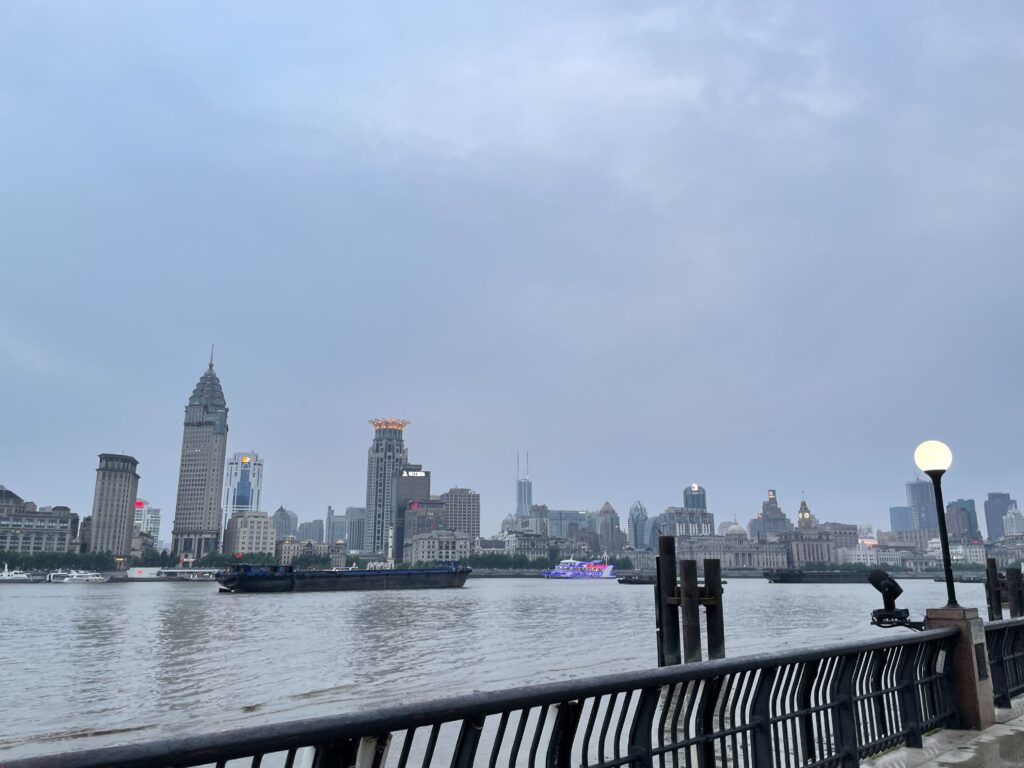
What is media literacy?
I believe that media literacy is a person’s attitude and ability to recognize, judge, and use the media. It refers to people’s ability to select, understand, evaluate, create and differentiate their responses when confronted with various messages from the media. It is defined as the ability to recognize and use the media properly, which is people’s ability to understand, use and judge the media and media messages.
Why is it important?
I think media literacy is important because it is the ability to analyze, evaluate and understand media sources, whether they are newspapers, cable news programs or Instagrams, Facebook posts, etc. that people now commonly use. It helps us build an understanding of the role of media in society. It can also help people understand the messages being communicated to them. For PLN, media literacy allows students to use their experience with media forms and relate it to classroom activities.
Why is it dismissed?
For media literacy, not everyone has the ability to use the Internet and teach online. Some people are afraid of cybercrime and believe that much of the information on the Internet is fabricated, for which they lack trust in the media. And, not everyone understands why using the Internet may be useful to them.
Why should you aim for varied views but factual consensus in your PLN?
Why do you fight for different opinions in your PLN, but reach a factual consensus?
I think striving for diverse opinions in a PLN is more about getting people to share their opinions with each other, and to listen and understand different information to facilitate communication and learning among all.
Consensus building (consensus building), then, needs to be inclusive and involve all participants as much as possible. Consensus leads to better quality outcomes, enabling communities to progress and co-create more valuable information. For teaching, students reaching a consensus on their ideas and building new knowledge together helps them learn from each other and see themselves and each other as valuable to the team and the community.
Open dialogues about media literacy and factual information can create conflict, why does this happen?
As to why there is a conflict between media literacy and public dialogue about factual information, I think it’s because people don’t care about media literacy as a factor when they use social media. They don’t think about whether the message is going to affect society or affect certain people. They don’t try to verify whether the information is right or wrong, and some of the information may be false information being spread.
What is the benefit of having a PLN that values media literacy?
The benefits of having a PLN that values media literacy, I believe Media literacy provides the foundation for understanding media and the role of media in our society. People are better able to choose, understand, and differentiate when faced with various messages in the media. For PLNs, media literacy is important for learning how to think effectively, the ability to distinguish true from false information, opinions, etc., as well as learning how to create media value. It provides learners with media opportunities and helps them develop the ability to generate media.
Kathy Luu
16 November 2022 — 2:07 am
Hey Yuxin,
Thanks for sharing your thoughts. I completely agree that in many cases people tend to neglect the importance of understanding their audience as well as how vital fact checking is. In a world where faster media converge is often valued more than thorough research, I think it’s hard to completely avoid spreading false news. However, I think if more people start cross referencing sources before sharing a post on their Instagram story or sending it to friends, it could be a good start at training oneself to be more selective with regard to the media outlets they get their information from. In turn, perhaps it could create encompassing change by holding news outlets accountable for their lack of research. What are your thoughts?
Sincerely,
Kathy Luu